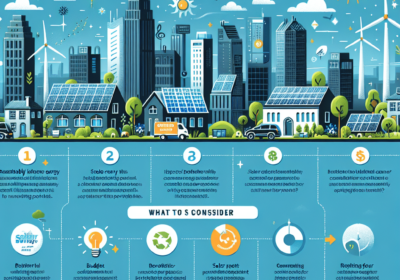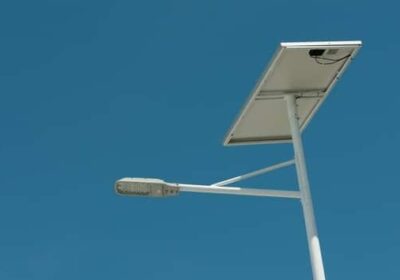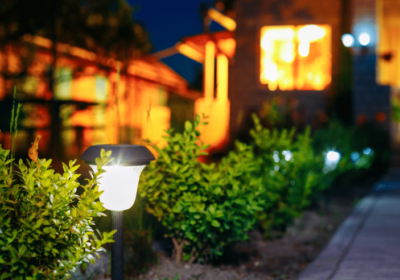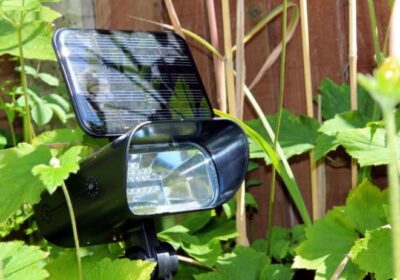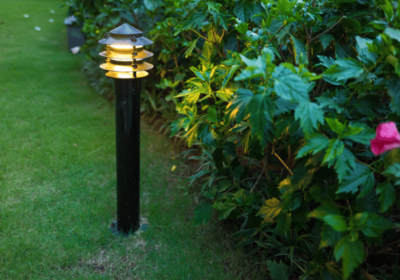Commercial Solar Lighting – What Is Commercial Grade?
Solar lighting in Australia is used both domestically and commercially. In fact, commercial applications for solar lighting make up the bulk of the industry. In order for solar lighting to be used successfully in commercial applications, solar lighting equipment that is considered to be commercial grade is required. But what is commercial grade solar lighting? What are the differences between commercial quality solar lighting and its domestic counterpart? Read on to learn more about commercial grade solar lighting equipment.
Commercial Solar Lighting Needs To Meet Certain Standards
In order for commercial grade solar lighting to be used in a commercial project, it first needs to meet and adhere to certain standards set out by the government and industry governing bodies to be considered compliant. Here are a few examples.
Let’s look at solar area/car park lighting. The lighting needs to comply with standards set out in accordance with AS/NZS 1158 3.1 202, which stipulates that the lights cannot be dimmed below the minimum lux levels at any stage the car park is open. The lighting can be brighter but not less.
Here’s another example regarding solar road lights. Road lights are considered to be lights used for main roads and larger feeder roads, according to the Australian and New Zealand lighting industry and under the AS/NZS 1158 3.1 2020 V category, the solar lighting must be constant all night long and be maintained at the minimum necessary illumination levels. Strict parameters regarding glare are also in place.
Here is a third example regarding overhead solar street lighting that is used for small streets where the vehicle speed limit tends to be 50km/hr or less, as stipulated by AS/NZS 1158 3.1 2020 P (Pedestrian) guidelines. These solar street lights must have battery back-up for autonomy, to ensure reliability of lighting illumination throughout the entire night.
Commercial Grade Solar Lighting Has a Superior Build Quality
While you can certainly purchase domestic solar lighting for use around the home that is of high quality, solar lighting that is to be used in commercial applications needs to be of a higher standard again. For one thing, the materials that make up the solar lighting array need to be able to withstand all sorts of weather conditions, from intense sunlight to periods of torrential rain, strong winds and sometimes hail. If commercial grade solar lighting wasn’t designed and manufactured to robust standards, the lighting would forever be requiring maintenance or replacement of parts and fixtures.
Whether lighting is being installed for a private company or the local government, they’ll expect the quality of the materials used to be of commercial grade and for the solar lighting to stand the test of time (and extreme weather events).
Along with a more robust build quality, solar lighting for commercial applications also needs to adhere to the various standards and rules as mentioned in the topic above.
Life Cycle Of Commercial Grade Solar Lighting Components
Another important aspect regarding solar lighting that is commercial grade is the subject of life cycle. Developers, governments and other organisations that require solar lighting installed expect to get longevity from the solar lighting they pay to have installed. They don’t want lighting arrays that need constant repairs or replacement or lighting that simply isn’t strong enough in its materials and design to deal with a variety of weather events.
Once a commercial solar lighting application has been designed and installed, the recipients will expect the lighting to work well and last for years.
Solar lighting is a convenient and cost effective solution that saves on energy costs but those savings would be nullified if the lighting constantly needs repairs due to a poor build quality.
Commercial grade solar lighting fixtures also need to be highly-resistant to vandalism. While damage from vandalism isn’t as likely as potential damage caused by a weather event, vandalism does happen and the more ‘vandal-proof’ the solar lighting is, the better.
Commercial Grade Solar Batteries Are a Cut Above
While many solar lights that are for sale for domestic use have inferior batteries inside that simply don’t last very long, commercial grade solar lighting uses batteries that are much higher quality and have the capacity to store a lot of power harnessed from the sun. After all, it’s the batteries that hold the power and these batteries need to be good enough to power the commercial lighting all through the night and be able to store enough energy to power lights for nights at a time during periods of bad weather, where there is not any direct sunlight.
Commercial grade batteries with high capacity storage are the answer for commercial solar lighting applications. These batteries are also built with a high tolerance for temperature fluctuations and also to perform dutifully throughout extreme weather conditions.
The life expectancy of commercial grade solar batteries is also considerably higher than that of its domestic counterparts. The batteries need to be able to reliably do their job and they need to last. Many commercial grade solar batteries (and other solar equipment for commercial lighting) come with long warranties, as the manufacturer is confident the batteries are built to the highest standards.
Commercial Grade Solar Cells
High quality solar cells are a must. Without quality solar cells to charge up the batteries and power up the lights, the solar lighting array is going to be substandard at best and likely highly unreliable. This wouldn’t sit well with anyone involved.
While solar panels for home use are certainly good quality these days, commercial grade solar panels for street lighting and so on need to be extremely robust and highly effective. Commercial solar panels tend to be more efficient at producing electricity for commercial solar lighting applications.
The Takeaway
Solar lighting for commercial use needs to meet exacting standards with regards to build quality, efficiency, design, battery capacity and reliability. That’s why solar lighting for commercial applications needs to be of commercial grade. If it’s not, it just won’t be able to do the job it is intended to do reliably, year after year.





